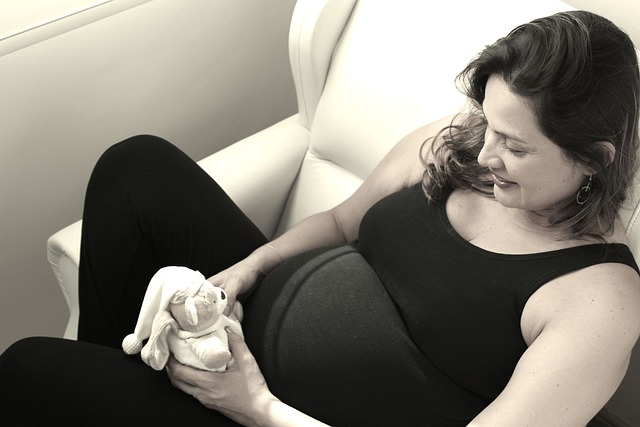Hey friends, let’s dive into the ongoing saga of “Personhood” legislation. This movement is all about changing the legal definition of when personhood begins, specifically pushing the idea that it starts at conception. If successful, this would classify embryos—both fresh and frozen—as “people,” extending all the legal rights that come with that status. This could seriously shake things up in the world of IVF, affecting everything from patient rights to the legality of techniques we commonly use, like ICSI and embryo freezing.
The driving force behind this movement is primarily the Pro-Life community, which aims to eliminate technologies seen as terminating life. However, if embryos are deemed “persons,” then the legality of all IVF practices that create or manipulate embryos comes into question. Many IVF clinics might find it impossible to operate under these laws, leading to potential shutdowns as physicians would understandably shy away from the risk of criminal charges.
The strategy here is to get Personhood laws passed in one state—either through legislative bills or ballot initiatives—and then use that success to sweep through other states, ultimately aiming for a Supreme Court ruling. This movement kicked off in 1985 in Missouri but lost steam until some attempts in the mid-2000s in states like Mississippi and Michigan, which also flopped. Even a major ballot initiative in Colorado in 2008 was crushed, with 73% voting against it. A revised initiative in 2010 with a focus on the “unintended consequences of IVF” also met a similar fate.
Despite several defeats, the effort to push for Personhood is gearing up again for 2013-14. There are some tough scenarios at stake here, such as whether discarding embryos could be considered murder or if embryo biopsies might be charged as child abuse. Also, if embryos have the same rights as adults, could life-saving procedures for pregnant patients lead to legal conflicts?
It’s crucial to understand that being Pro-Life doesn’t automatically mean supporting Personhood legislation. The unintended consequences of such laws can restrict access to IVF services, putting a strain on patients who rely on these treatments.
We need to stay informed about this movement. Just one state passing Personhood legislation could create a domino effect across the country, ultimately targeting the Supreme Court for a constitutional overhaul. It’s essential for all IVF centers to advocate for patient access to services. Consider checking out organizations dedicated to this cause, like ASRM and RESOLVE, or visiting Parents Against Personhood.
For more insights on related topics, you can also read about alcohol and breastfeeding in our other blog post, which sheds light on important choices parents face. And if you’re exploring options for at-home insemination, check out this at-home insemination syringe kit for a boost in your fertility journey! For comprehensive information on pregnancy, the WHO’s resource is a fantastic place to start.
Summary
The Personhood legislation movement aims to redefine legal personhood to begin at conception, which could severely impact IVF practices and patient access to assisted reproductive technologies. Advocates for fertility patients need to stay vigilant and informed about these developments to protect their rights and access to care.

